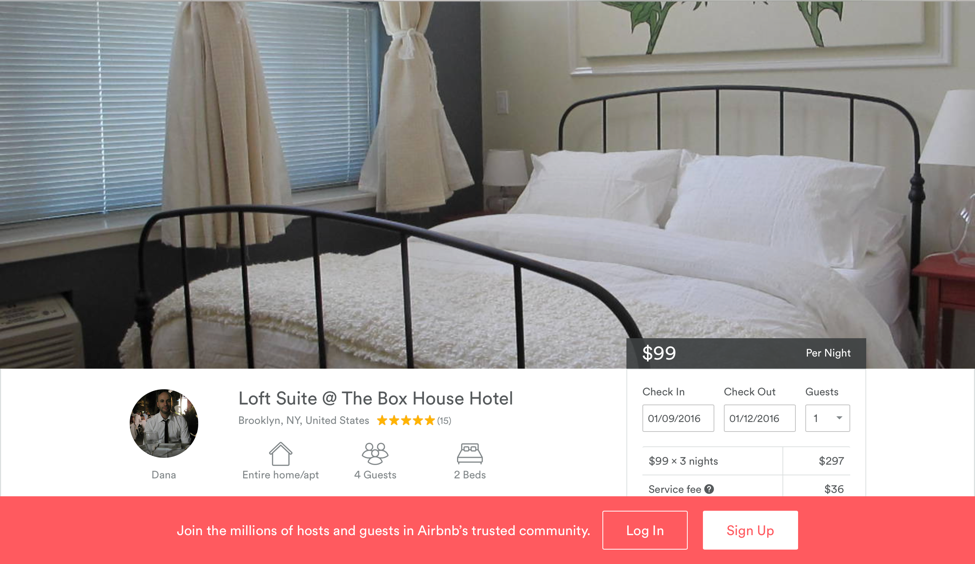How Will Airbnb Impact The Hotel Industry?
January 9th 2016
Airbnb Impact on Hotels, Motels, and Bed & Breakfasts
If you haven't heard of airbnb, let us explain. Founded in San Fransisco in 2008, Airbnb has quickly expanded to over 34,000+ cities and 190+ countries. Airbnb gives people the ability to showcase and monetize their living spaces to others. Have a 2 bedroom apartment in New York City and need help with payments? Easy, rent the unused bedroom to a stranger for $100 a night. Thus far, over 60,000,000+ guests worldwide have used airbnb as an alternative to a hotel. With over 2 million listings worldwide, should the hospitality industry be concerned the playing fields aren't fair?
Taking a Look Inside Airbnb
Quartz.com writer Alison Griswold states in her recent article that currently airbnb accounts for only 1-2% of the entire hotel demand. However, where the most market penetration is being seen is in popular cities such as LA, NY, SF, and Chicago. Reports from Bank of America Merrill Lynch state that in high metropolitan areas, airbnb makes up to 5-7% of hotel demand.From a supply standpoint, airbnb in the biggest US markets accounts for 8-15% of the hotel supply. Click here to read an extensive report by HVS Global Hospitality Services. The report details current/future airbnb growth/decline as well as the revenue impact caused by airbnb. Focusing on the impact airbnb has had on New York City, the report is littered with graphs and charts for analysis.In New York City from Sept. 14 - Aug 2015, $451 Million in Room Revenue was Captured by Airbnb..." - HVS Global Hospitality Services

A Changing Landscape
The industry is fully aware of the genius that is airbnb. In particular, hotel book services such as Expedia and Priceline are feeling the most pain. The fairness of airbnb comes into play when you look at hotel taxes and booking fees. In many cities, Airbnb does not have a hotel tax of 14% or anything at all, and they only charge 3% per reservation. Meanwhile, Expedia and Priceline typically charge 10-25% per reservation. To combat this issue, Expedia has already acquired competitor Homeaway for $3.9 billion. Excerpt from Slate.com and Alison Griswold on hotel tax implementation in NYC,Airbnb’s head of global public policy, David Hantman, estimated last year that if changes to the law were made, the company could contribute more than $21 million in additional revenue; this past January it upped that estimate to $65 million."
Benefits for Boutique Hotels, Bed & Breakfasts, and Motels
There is no reason why your motel or bed & breakfast shouldn't be listed on airbnb's website. The company allows establishments to have listings as long as it is designated as a bed & breakfast/motel. With reservation fees of only 3%, advertising your business just got easier. For example, the Loft Suite at The Box House Hotel is prominently displayed when searching for places to stay in Brooklyn, NY.
Closing Remarks
The fairness debate will continue as airbnb grows and settles in the hotel industry. For many traditional hotels, little affect will be seen as airbnb's target market is geared towards single, young, and hip travelers. For hotels and motels in large US markets, changes in room occupancy and revenue may be seen in the coming years. All in all, it is important for everyone in the hotel industry to understand that different players are entering the market. Will your hotel utilize airbnb? Give us your thoughts down below! Thanks for Reading.
